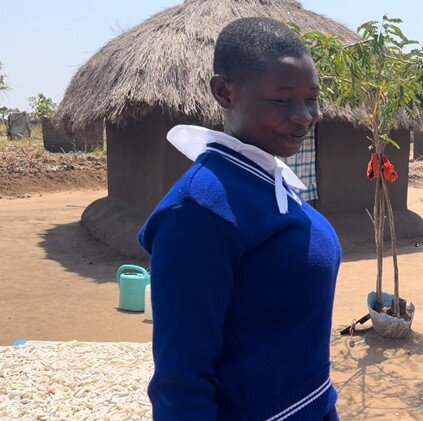
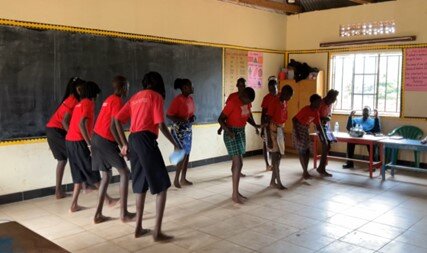
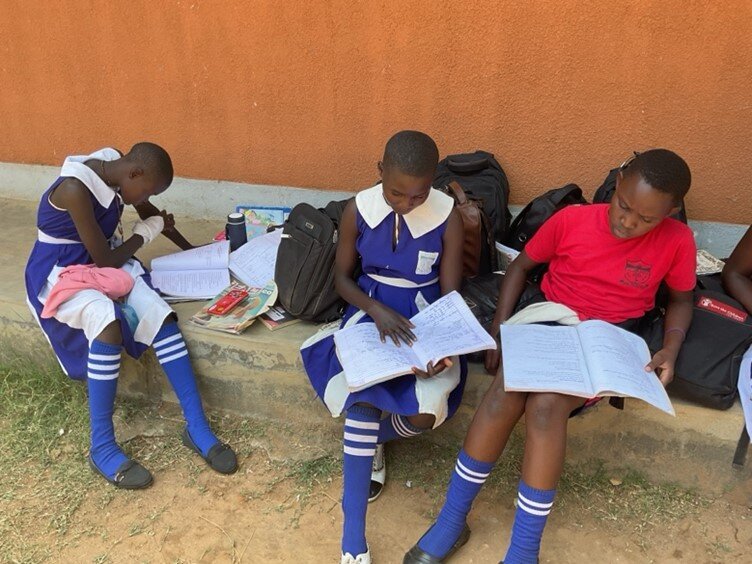
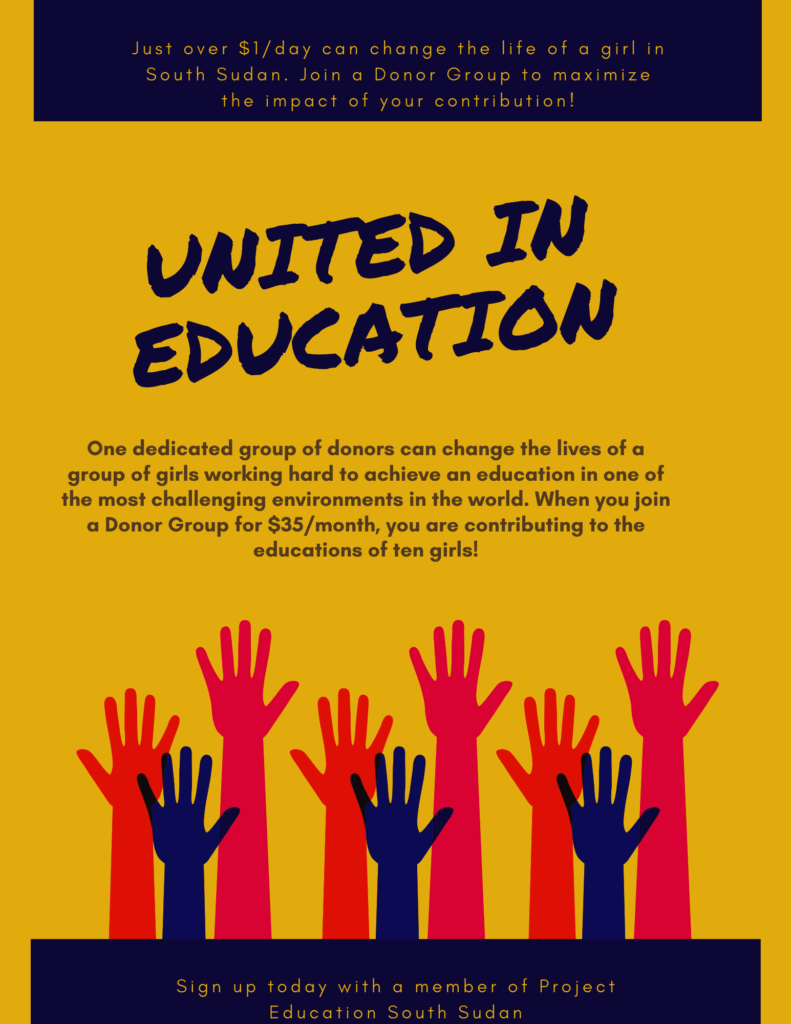
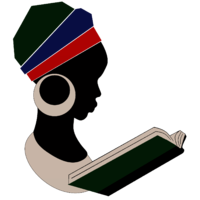
The mission of Girls With Books! is to educate South Sudanese girls and young women to become peacebuilders and positive change-makers in South Sudan.



Each of GlobalGiving’s nonprofit partners is required to send quarterly donor reports detailing the impact of their work. Here are some of their recent updates:
By Micklina Kenyi | Executive Director
Lots of news for you!Three of us recently returned from visiting students, administrators, and schools in South Sudan. We also visited schools and students in Northern Uganda, since nearly a million... Read the full report ›By Micklina Kenyi | Executive Director
Living in a refugee camp presents profound challenges, displacing individuals and families from their homes, disrupting their lives, and subjecting them to uncertain futures. Amidst the turmoil, the... Read the full report ›By Ray Stranske | Board Chair
Shara’s family fled to Uganda when fighting broke out in 2013. Armed conflict among South Sudanese was tearing this brand-new country apart, having just gained independence from Sudan two years... Read the full report ›